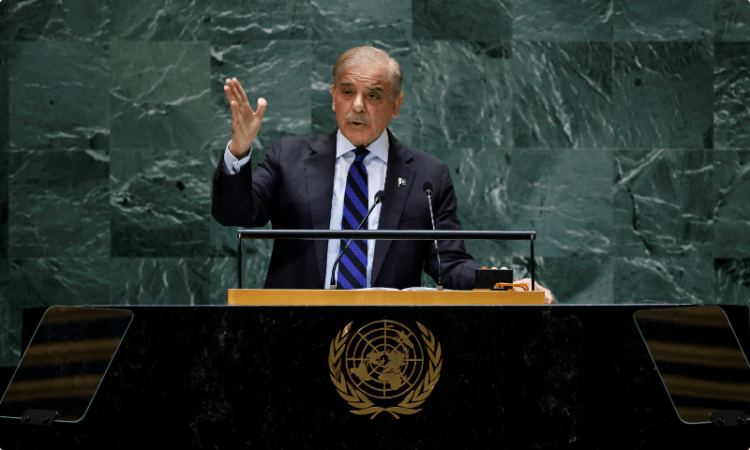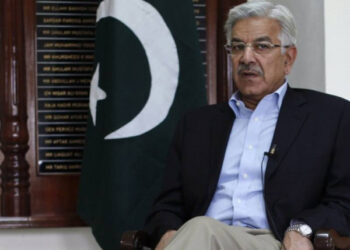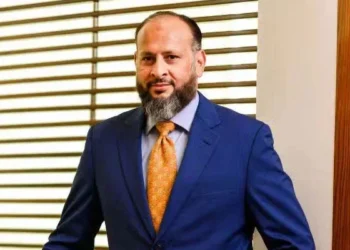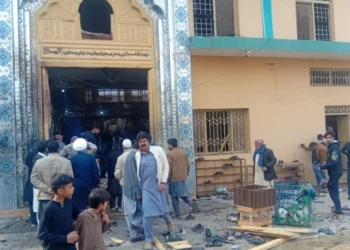According to the details, Prime Minister Shehbaz Sharif addressed the One Water Summit held in Riyadh, the capital of Saudi Arabia.
Addressing the conference, the Prime Minister said that water is the cornerstone of economic development, food security, and environmental sustainability of the planet.
He said nearly half of the world’s population faces water shortages for at least part of the year, with millions of people living without clean drinking water as water pollution has increased to alarming levels.
He said that Pakistan is aware of these challenges, our rivers, glaciers, and aquifers are rapidly weakening due to the effects of climate change and population growth.
He said that Pakistan is still struggling with the devastating floods of 2022 which caused massive damage to its water resources and irrigation sector, besides affecting millions of lives and livelihoods.
The Prime Minister said that drought is as big a threat to the country as floods, about 70 percent of our land consists of arid and semi-arid areas, and about 30 percent of our population is directly affected by drought-like conditions.
He added that the projected temperature rise in Pakistan is significantly higher than the global average. Prime Minister Muhammad Shahbaz Sharif highlighted that such catastrophic disasters and challenges are likely to increase in the absence of coordinated international action as Pakistan is one of the 10 countries most affected by climate change. are at risk.
He said that water connects nations across political boundaries and promotes a common ecosystem, therefore Pakistan attaches great importance to cross-border cooperation. is an example of management.
Shahbaz Sharif said that the agreement has witnessed unprecedented challenges in recent years due to several factors including the construction of upstream dams while it is also key to maintaining regional peace and stability.
The Prime Minister also proposed a six-point global agenda to overcome water-related challenges.
They supported the need for international cooperation to ensure the availability and sustainable management of water and sanitation for all, as provided for in SDG 6, including the exchange of knowledge and expertise. At the same time, prioritizing the transition to modern water technology, providing adequate funding for climate-resilient infrastructure, and bridging the financing gap are key challenges.
The Prime Minister’s second point was that climate-vulnerable countries, frameworks for transparency, data sharing and regional cooperation, conflict prevention and promoting water sharing, investment in skills development, research, and institutions. It includes institutional resilience, a strong political commitment, and global leadership to address water challenges at the national and global levels and to overcome the water crisis.
He appreciated the visionary leadership and initiative of the Prime Minister of Saudi Arabia, Crown Prince Mohammed bin Salman for the establishment of the World Water Organization.
The Prime Minister recalled the happy scenes of children playing on the banks of the rivers passing through his hometown Lahore and the fishermen and their boats along the Ravi River and said these fond memories served as a warm reminder of What is at stake.
The Prime Minister said that as leaders, policymakers, and custodians of the future, it is our duty that these rivers, lakes, and aquifers should not be limited to stories of the past for civilizations that have flourished for centuries.





















